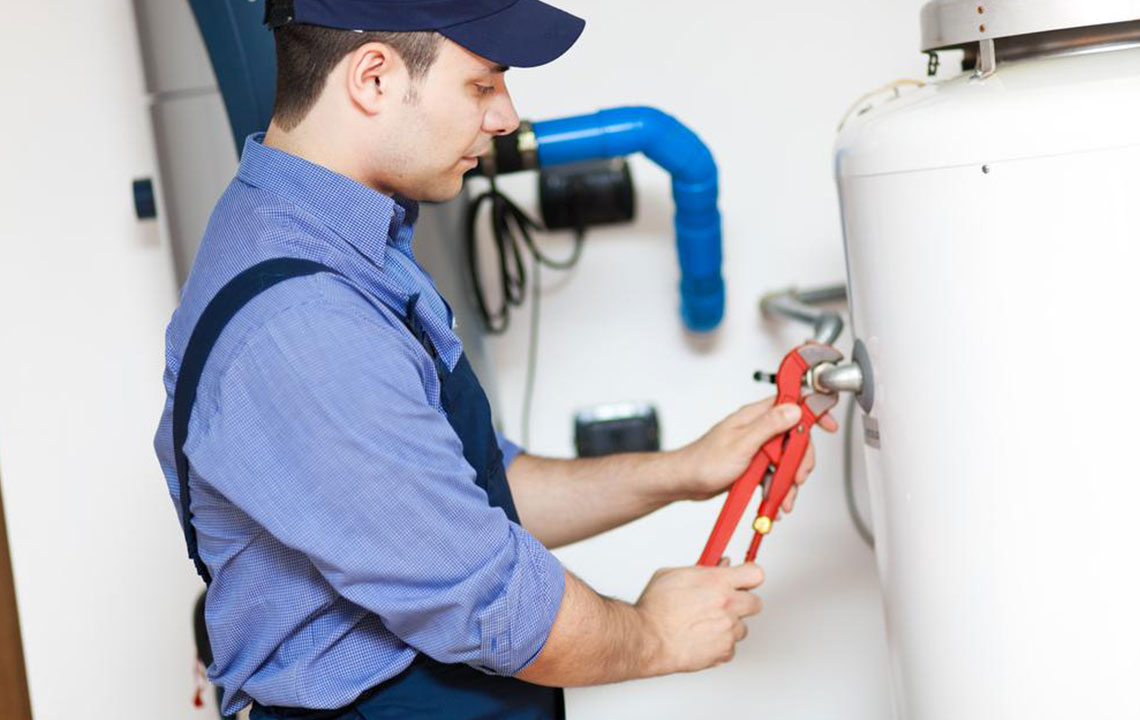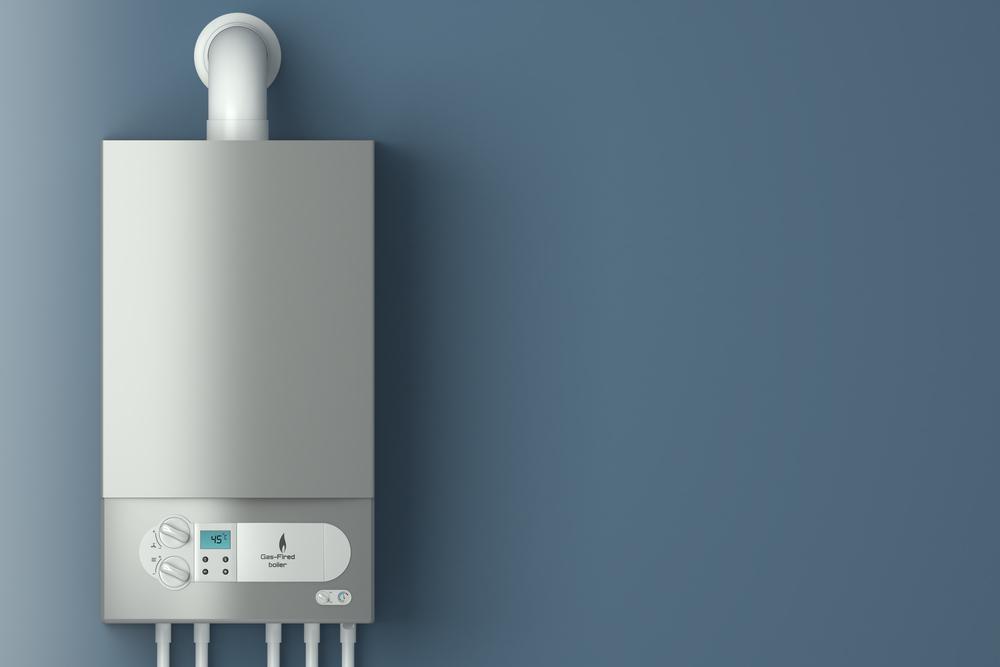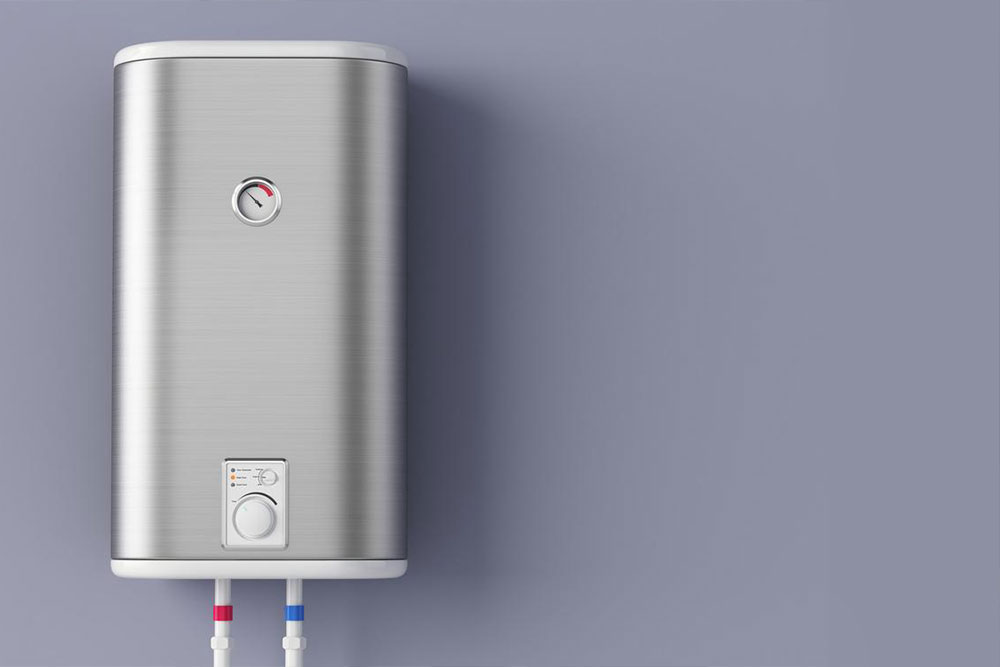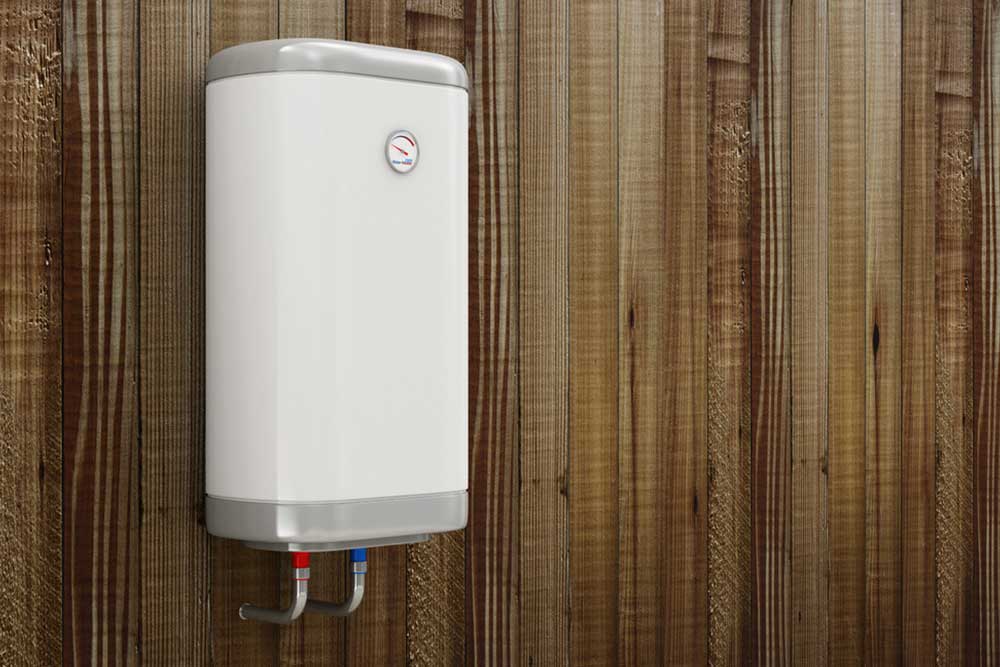Comparing Immediate and Tank Water Heaters: Advantages and Disadvantages
This article compares instant and storage water heaters, highlighting their advantages and disadvantages to help consumers choose the right option. It discusses cost, efficiency, environmental impact, and suitability for various needs, guiding readers toward an informed decision based on their household requirements.
Sponsored

Advantages and Disadvantages of Instant vs. Storage Water Heaters
During colder months, hot water heaters become essential for daily tasks like bathing, cleaning, and washing. With numerous brands offering modern options, choosing the right one can be tricky. The main choices are between tank-based and instant water heaters, each with unique benefits and drawbacks. Understanding these differences helps in making an informed decision tailored to your needs.
Advantages and disadvantages of tank water heaters:
Affordable option with low electricity consumption
Suitable for bucket or shower baths
You need to wait about 5 minutes for water to heat
Has a larger carbon footprint, less eco-friendly
Limited hot water capacity based on tank size
Advantages and disadvantages of instant water heaters:
Operate only when demand arises, saving energy
Compact design ideal for small spaces and kitchen use
More eco-friendly with smaller carbon emissions
Constant hot water supply without tank issues
Require higher power consumption
Not ideal for full shower baths
Choosing between these options depends on your space, budget, and usage habits. The instant heater suits those with limited space and budget constraints, while storage heaters are better for larger households or those needing more hot water at once. Research from reputable brands can assist in making the best choice.





